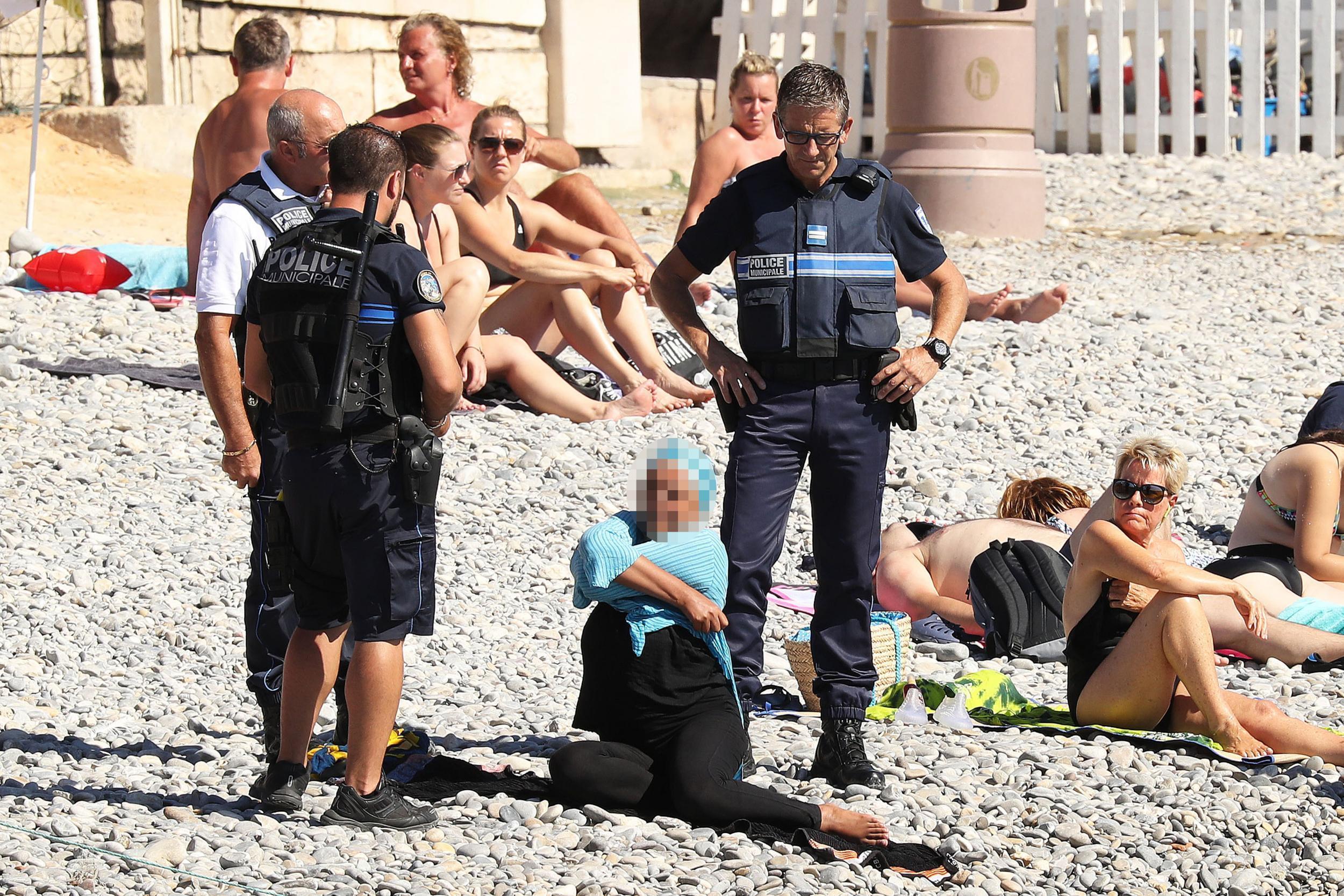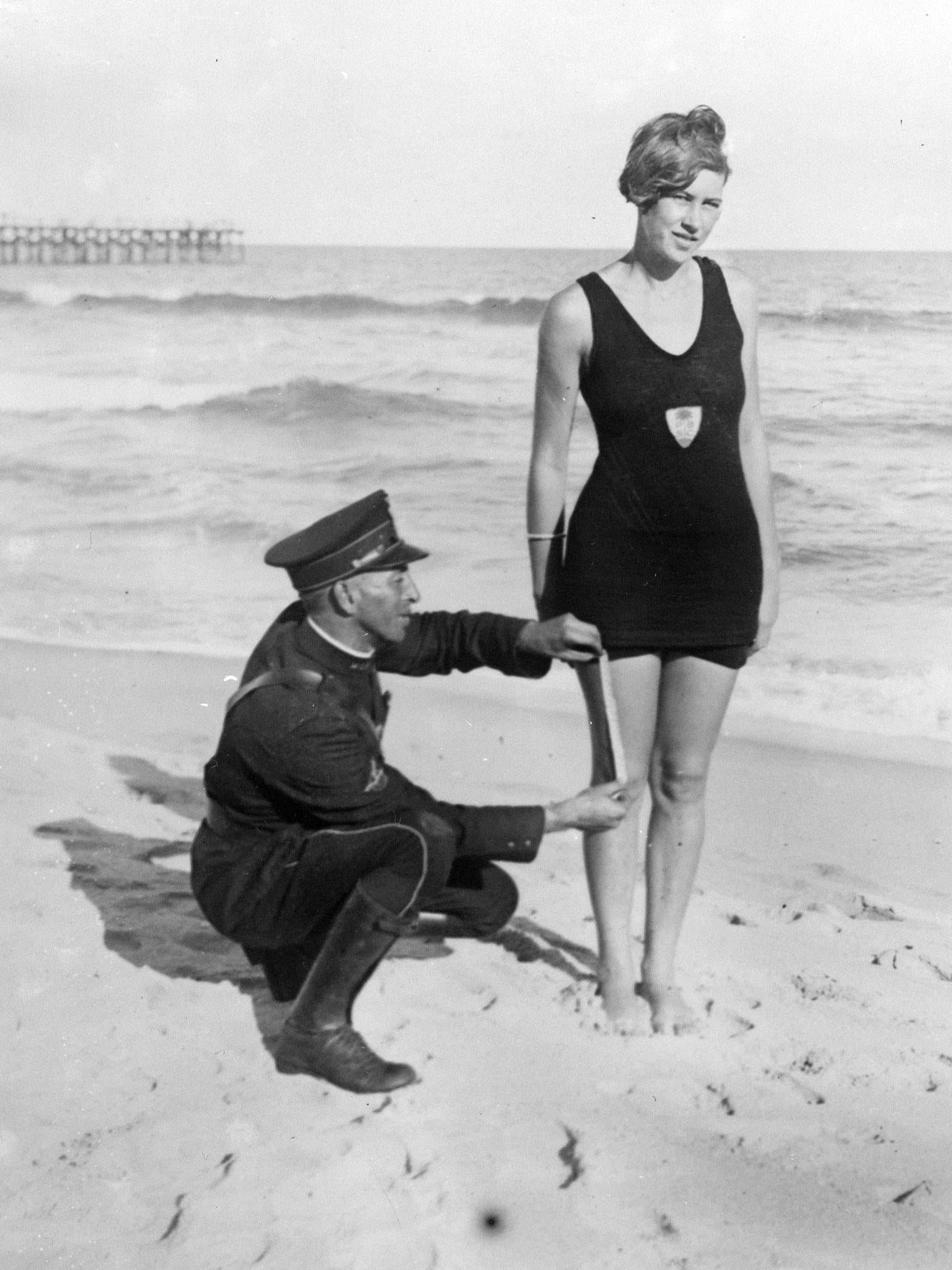Burkini ban: People are sharing this picture to highlight the hypocrisy of France's stance on swimwear
Manuel Valls says the swinsuits represent the 'enslavement of women'

Your support helps us to tell the story
From reproductive rights to climate change to Big Tech, The Independent is on the ground when the story is developing. Whether it's investigating the financials of Elon Musk's pro-Trump PAC or producing our latest documentary, 'The A Word', which shines a light on the American women fighting for reproductive rights, we know how important it is to parse out the facts from the messaging.
At such a critical moment in US history, we need reporters on the ground. Your donation allows us to keep sending journalists to speak to both sides of the story.
The Independent is trusted by Americans across the entire political spectrum. And unlike many other quality news outlets, we choose not to lock Americans out of our reporting and analysis with paywalls. We believe quality journalism should be available to everyone, paid for by those who can afford it.
Your support makes all the difference.People are comparing the "burkini" ban recently implemented in a number of French towns to measures taken to dictate women's clothing over the years.
Several French towns banned the full-body swimsuits and several women have been fined for wearing them.
French prime minister Manuel Valls said the swimsuit was not compatible with French values and represent the "enslavement of women".

Many have highlighted the hypocrisy of the ban on social media by comparing photos of a woman being ordered to undress by armed police to images of a police officer measuring the length of a woman's swimsuit in 1925.
Photos show four police officers armed with handguns, batons and pepper spray standing around the woman, who wearing a blue headscarf and matching top while lying on the beach in Nice.
After removing the blue long-sleeved top, the woman was reportedly issued with a fine and warned about the new dress code.
The images have been compared to a photo of a police officer measuring a woman's bathing suit on Palm Beach in 1925, to ensure it conformed with regulations introduced by beach censors.
Others have taken to social media to share cartoons about the ban:
The ban is now set to be scrutinised by France's State Council, the country's highest administrative court, after human rights groups challenged the ban.
Religious clothing is considered a particularly sensitive issue in France, where an large part of the population has no religious affiliation. The first provision in the constitution says France is a "secular Republic."
Join our commenting forum
Join thought-provoking conversations, follow other Independent readers and see their replies
Comments